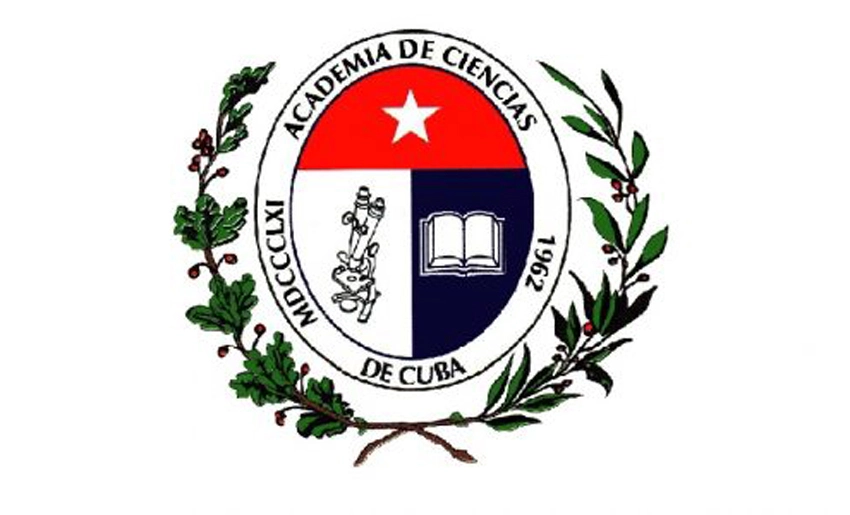After the end of the five-year academic year 2018-2023, and in accordance with the basic regulations that regulate the work of the college Cuban Academy of Sciences (ACC), four health professionals from Holguin Province have become new full members or young fellows of this institution.
Selected scientists, with a relevant career in research at regional, national and international levels, will be part of the ACC in 2024-2029.
Read also: 2023: Models of Cuban scientific development
Belonging to the Department of Biomedical Sciences, Jacqueline Medrano Montero, Ph.D., director of the Center for Inherited Ataxia Research and Rehabilitation (Cirah), was elected chair. In the Department of Social Sciences, Doctor of Science Andrea Torres Guerra, professor at the University of Medical Sciences of Holguín, also stands out. While doctors Alejandro Batista Izquierdo and Wilbur Jesús Riveron Carralero were elected Young Fellows.
Regarding what it means for this latest professional, a first-class specialist in internal medicine, to be part of the prestigious academy, he said that it is an important challenge because it means improving professionally, remaining active and contributing knowledge to science. Every aspect of educational and research life. “With this renewal of the membership of the Cuban Academy of Sciences, membership in the Oriente Norte branch of the province of Holguin, as well as the possibility of representing Cuba in scientific events, has become a unique opportunity.”
Specifically, the continuous improvement and scientific results obtained by this 27-year-old from Holguin have enabled him to currently pursue doctoral studies, being a senior professor at the University of Medical Sciences of Holguin (UCMHo), and assuming the presidency of the University of Holguin. Regional Branch of Internal Medicine and participated as one of the 20 young people selected in Cuba to be part of the New Generation Program implemented by the Russian Federation.
Wilbur Jesus, a young doctor of his time
This ACC election had its precedents with the launch of the call in April 2023 for all scientific institutions in the country to implement their own internal selection process and proceed with the nomination of researchers and figures with relevant professions. Then, from May to September, nomination forms were received.
Once the nomination period had ended, in October, secret and live voting was held to elect the academics and young associates in the five departments, prepare reports, and prepare for the plenary vote.
Honorary Academicians, Distinguished Academicians and serving members exercised their right to vote for a total of 238 possible votes, of which 214 were received, representing 89.91%.
This electoral process identified 241 full members, 64 young members under the age of 40 and holding a doctorate, with the exception of two in progress and 64 new members of merit, who join the 90 existing members. In this way, the new composition of the ACC for 2024-2029 is widely integrated.

“Social media evangelist. Student. Reader. Troublemaker. Typical introvert.”

:quality(85)/cloudfront-us-east-1.images.arcpublishing.com/infobae/TEQF6EONZRFGLLLDIDD4L2O4EE.jpg)

:quality(75)/cloudfront-us-east-1.images.arcpublishing.com/elcomercio/XU32LRAEZFDDPNVHLFU3CKVBYY.jpg)



More Stories
Venezuela ranks fourth in female leadership in science and technology in Latin America
In Portuguesa and Sucre they explore the wonderful world of science
The university court overturns the expulsion of two teachers and a chemical sciences student